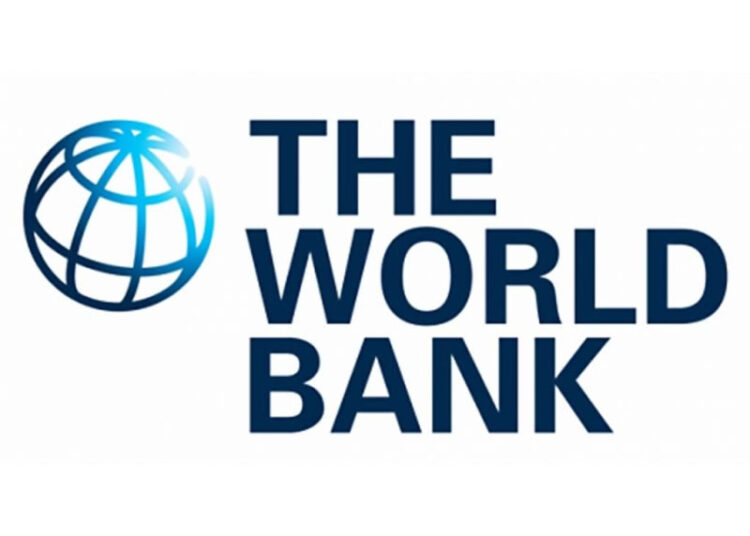The World Bank Group’s Board of Directors approved $500 million in development funds to enhance Egypt’s efforts to achieve food security, strengthen the resilience of the Egyptian economy in the face of the current food crisis facing the world and support efforts aimed at having safe stocks of wheat.
In a statement on Wednesday, Egypt’s International Co-operation Ministry said the emergency response projects between Egypt and the World Bank (WB) will contribute to supporting food security and resilience efforts and alleviating the impacts of the Russian-Ukrainian war and its repercussions on food security, taking into consideration that Russia and Ukraine are among the largest wheat exporters in the world, and the ongoing war has led to a global hike in wheat prices.
The move comes within the framework of the political leadership’s directives to work with international financial institutions to face challenges arising from the current global crisis and secure a stock of strategic goods, the statement said.
International Co-operation Minister and Egypt’s governor at the WB Rania el-Mashat said that the joint project with the WB helps the government to continue to fulfill its commitment to cater for the citizens’ need of strategic goods, which is on top of the Egyptian State’s priorities.
In spite of the changing global conditions and current crises resulting from the repercussions of the Russian-Ukrainian war and the Covid-19 pandemic, Egypt seeks to boost food security, stimulate sustainable food security and move forward towards expanding measures at the level of climate action and increasing agricultural flexibility and production via dealing with climate change challenges, the minister said.
Over the past years, the Egyptian government has made unremitting efforts that contributed to enhancing its ability to deal with sudden shocks due to the Russian-Ukrainian war, the minister stressed.
Egypt has also begun to implement a plan to expand wheat storage silos as per the latest technologies to preserve wheat and reduce waste, she said.
It also expands in increasing the agricultural area of strategic crops, including wheat, which has contributed to promoting its ability to store wheat and grains and shoring up efforts to achieve food security, she said.
According to a press release by the WB, the Emergency Food Security and Resilience Support Project will help cushion the impact of the war in Ukraine on food and nutrition security in Egypt.
“The Russian Federation and Ukraine are the world’s largest wheat exporters, and the war has driven up prices and created nutritional shortfalls, particularly for people who rely on bread for their daily nutritional needs. Bread is a staple in Egypt and this new project links wheat imports to direct assistance to the poor and vulnerable population through Egypt’s Bread Subsidy Program.”
“This project supports the government’s strong commitment to ensuring that the needs of citizens continue to be met even amid a very challenging global context caused by concomitant crises such as Covid-19 and the war in Ukraine,” Mashat said.
“In addition to ensuring sustained food security, this project supports national climate efforts by increasing agricultural resilience,” she added.
The new financing supports Egypt by mobilising immediate short-term relief to address supply and price shocks while simultaneously bolstering Egypt’s longer term food security strategy and improved nutrition for the poor and vulnerable.
On May 18, the bank announced actions it plans to take as part of a comprehensive, global response to the ongoing food security crisis, with up to $30 billion in existing and new projects in areas, such as agriculture, nutrition, social protection, water and irrigation.
This financing will include efforts to increase food and fertiliser production, enhance food systems, facilitate greater trade, and support vulnerable households and producers.
Egypt’s co-operation portfolio with WB has reached $5.9 billion and encompasses 15 projects worth $5.5 billion in various sectors.






Discussion about this post